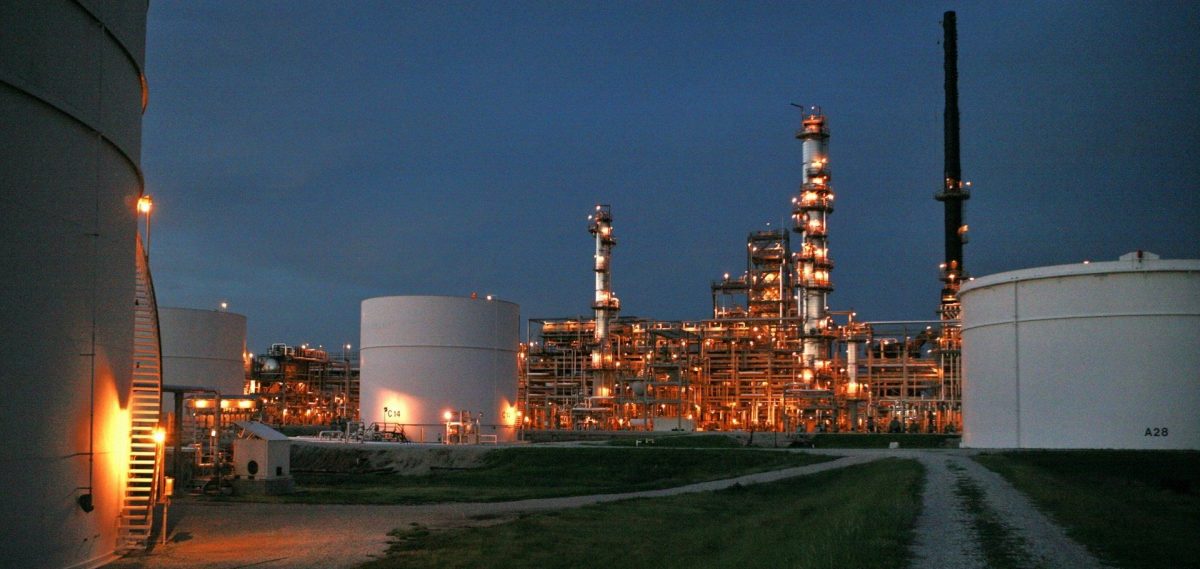OPEC’s third biggest producer, the United Arab Emirates (UAE), is entering the oil price war as it has ordered its national oil producer to boost supply to the market to over 4 million bpd
OPEC’s third biggest producer, the United Arab Emirates (UAE), is entering the oil price war as the Abu Dhabi National Oil Company (ADNOC) said on Wednesday it was positioned to boost its supply to the market to over 4 million bpd in April, one million bpd higher than current production.
The UAE, which is OPEC’s third largest producer after Saudi Arabia and Iraq, has been pumping around 3 million bpd, in line with its commitment to stick to and even overcomply with the OPEC+ production cut deal, which fell apart last Friday.
“In line with our production capacity growth strategy announced by the Supreme Petroleum Council, we are in a position to supply the market with over 4 MMBPD in April,” ADNOC Group chief executive, Dr. Sultan Ahmed Al Jaber, said in a statement.
ADNOC, which pumps nearly all the oil in the UAE, is also accelerating plans to increase its production capacity to 5 million bpd, Al Jaber said.
Commenting on the supply boost, Rystad Energy’s Bjoernar Tonhaugen said: ”We expected similar announcements from other core-OPEC members, such as the UAE today, that crude production and capacity will be ramped-up following Saudi Arabia’s announcement. We believe UAE can ramp up production to around 3.3-3.4 million bpd from their current output of ~3.0 million bpd in the short term, and will likely draw-down storage to supply clients additional barrels if there is enough demand for UAE barrels.
The 1-million-bpd supply increase from the UAE in April adds to the 2.6 million bpd which Saudi Arabia promised to unleash on the oil market next month, resulting in a total increase of 3.6 million bpd in global oil supply from OPEC’s heavyweights at a time of depressed oil demand due to the coronavirus outbreak and at a time of crashing oil prices, following the abrupt end to the OPEC+ deal last week.
Saudi Arabia’s oil giant Aramco will also begin to work on increasing its maximum sustainable capacity from 12 million bpd to 13 million bpd, as per Energy Ministry orders, the company said in a stock exchange filing on Wednesday.
“The Company is exerting its maximum efforts to implement this directive as soon as possible,” Aramco’s president and CEO Amin Nasser said in a statement carried by the Saudi Press Agency.
The promises of OPEC’s heavyweights to flood the market with oil were met by a Russian response that Moscow can raise its oil production by 200,000 bpd to 300,000 bpd in the short term, with a potential for up to a total increase of 500,000 bpd, as Russia also digs in for an oil price/market share war. The escalation in the promises for higher oil supply weighed on oil prices again on Wednesday after a brief respite on Tuesday. Early on Wednesday before the EIA inventory report, Brent Crude was plunging 3.4 percent at $35.95 and WTI Crude was down 3.26 percent at $33.24.
By Tsvetana Paraskova for Oilprice.com
